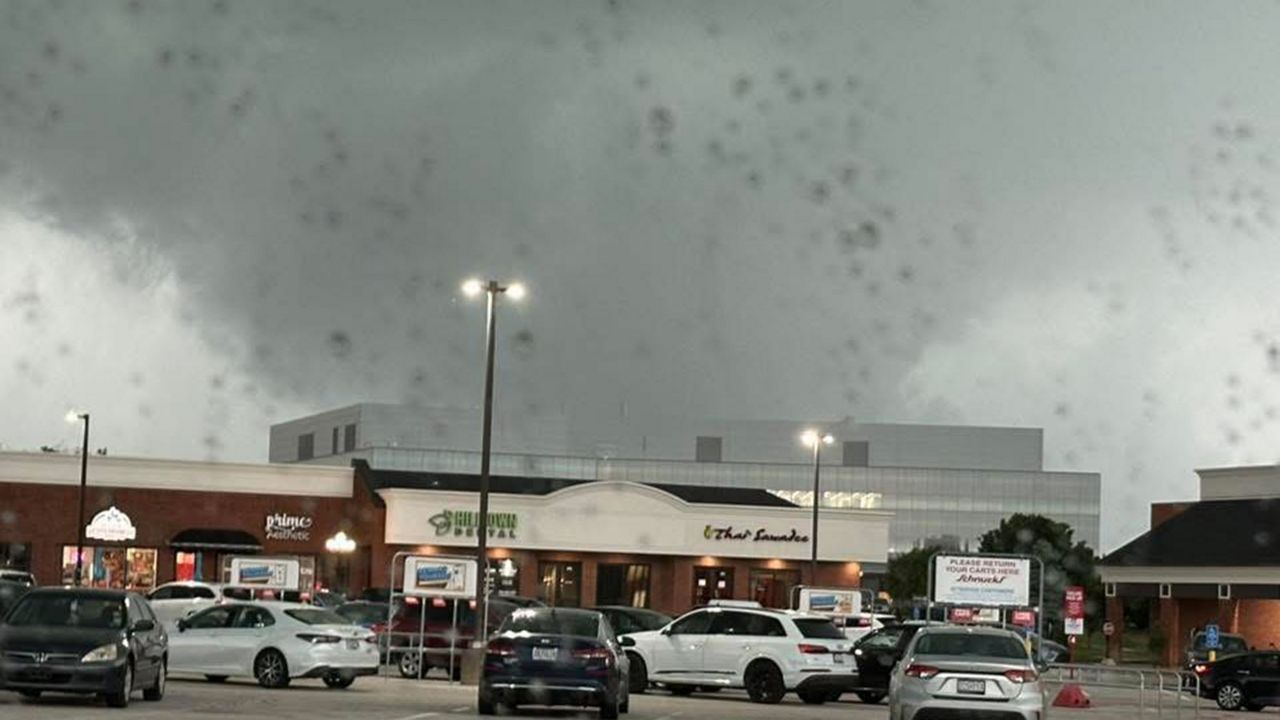ST. LOUIS — In roughly a year since a state law went into effect banning “explicit sexual material” in private and public schools, school librarians in St. Louis and statewide are still concerned about being prosecuted.
That’s according to Tom Bober, president of the Missouri Association of School Librarians (MASL). In Nov. 2022, PEN America reported nearly 300 books had been collectively banned across Missouri schools since the law, SB 775, went into effect in late August of last year.
Bober, a librarian for the Clayton School District, said while school librarians’ book collections may draw the interest of students, they are concerned it may lead to a book challenge or a violation of SB 775.
“There’s also a bit of a fatigue of librarians feeling like libraries and their roles in the community are being politicized,” he said. “And I think we see that as evident through SB 775.”
In February, on behalf of the MASL and the Missouri Library Association, the Missouri ACLU filed a lawsuit in the circuit court of Jackson County challenging the law.
The bill defines explicit sexual material as any visual depictions of acts of sex and genitalia, according to a summary of the bill. Materials that are exempt include those that “have a serious artistic significance, works of anthropological significance or materials used in science courses.”
Violations of the law are a Class A misdemeanor resulting in a year in jail and a $2,000 fine, according to the bill.
“Essentially, we’re looking at questions around the legality of SB 775 and the clarity of SB 775,” Bober said, including if personal freedoms are put into question if there are mandates on which books can and cannot be on library shelves.
He also mentioned looking at how St. Louis area districts and ones across the state have reacted “wildly” different” to SB 775.
Some school districts took zero books off the shelves while other districts took dozens off, explained Bober. He also pointed out that some books were being allowed in one district and not in another.
“There are a lot of questions around the law and we’re hoping that the litigation will answer those questions,” he said.
When the Clayton School District removed four books from its high school shelves because of SB775, a group of parents and community members voiced being upset about the removal, according to Bober.
“School librarians want to have a diverse collection of age-appropriate books for our students, pre-kindergarten through 12th grade. And that’s what we’re trained to do,” he said.
“When we have ultimately a small group of legislators making the decision that impacts students across the entire state, that impacts families and their right to get access to books within their local school, we find that concerning,” he said.
People speaking out against book challenges and book bans are happening across the state, including Nixa. A group of Nixa High School students formed Students Against Book Restrictions (NIXA SABR) in 2022 after book restrictions and bans started happening at Nixa Public Schools.
“It’s a group of Nixa students or Nixa alumni who are opposed to book restrictions and book bans. And want to keep books on our shelves,” said Meghana Nakkanti, recent Nixa High School graduate.
She said, “Fun Home,” and “All Boys Aren't Blue” were banned in May 2022. This past June, the school board removed “Unpregnant,” “Something Happened in Our Town,” “Blankets,” and “Handmaid's Tale: Graphic Novel.”
“The books had really been impactful to me and the decision to take them off the shelf and potentially ruin other’s experiences with the books really hurt me,” said Delilah Neff, member and incoming senior. “They weren’t considering how we felt about the books.”
The group is focused on advocating for challenged books at board meetings, but also making sure the community is aware of what books are up for debate at school board meetings, so students and parents can attend to speak.
“Our priority right now is to disseminate information as much as possible, but also in a very visual and simple way,” Nakkanti said.
NIXA SABR is active on Instagram where members post resources, upcoming news, future board meetings, highlight books that have been removed and more.
“I personally think that it’s unfair to leave students out of what they’re reading and what they’re allowed to read,” said Glennis Woosley, member and incoming sophomore.
Nakkanti said the group has not reached out to state lawmakers.
“At this time, we don’t really believe that reaching out to these individuals would lead to any benefit in our case and would just reinforce what the school board has been insisting all along, which is that some books can be banned,” she said.
However, Bober encourages students and community members to contact their local legislators.
“The primary person who put through the part of SB 775 that concerned books in school libraries and in schools, had not reached out to our state organization to become more informed about how libraries work and what librarian’s roles are,” he said.
“So, students, and community members, parents, educators reaching out to legislators and helping them understand the importance of libraries and the importance of their access to books and their right to read, I think is always a good thing.”
Being a part of NIXA SABR has given students a chance to find their voice.
“In this role, it’s given me a stronger voice. Prior to joining this group and being part of the anti-ban, I was kind of shy and I didn’t really voice my opinion a lot,” Neff said.
She hopes their work inspires other students across the state to advocate in their school district.
“We were, I guess, normal kids, you would say, but now we've kind of taken on this job role, where even in the summertime there's no days off and we're always working on posts, and we're always advocating for these books and it can seem like a lot sometimes,” Neff said.
“But I know that if it happens in other districts around Missouri and around the country, I hope that other kids could find their voice no matter how scary it is (to) fight back against these bans.”
Bober said he expects more book challenges and potential bans to come.
“We certainly haven’t seen a diminish in book challenges, so I’m certain that I would expect that in areas across the state, in the St. Louis area, we will continue to see book challenges,” he said.
Meanwhile, MASL will continue to support and inform librarians across the state, according to Bober.
“What we continue to advocate for is for our librarians to be in strong understanding of the law, (be) in communication with their administration and their district’s legal counsel, if necessary, and also for them to understand closely their collection policies that their districts have, as well as their book challenge policy,” he said.








